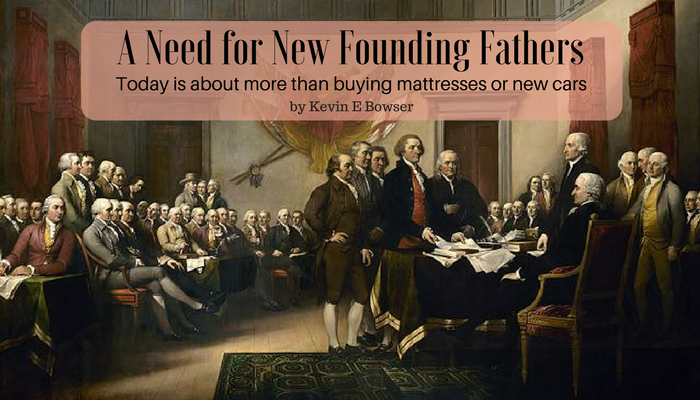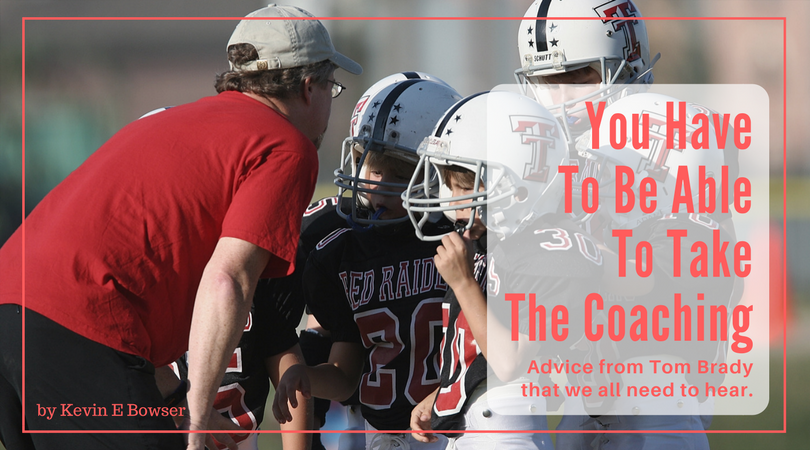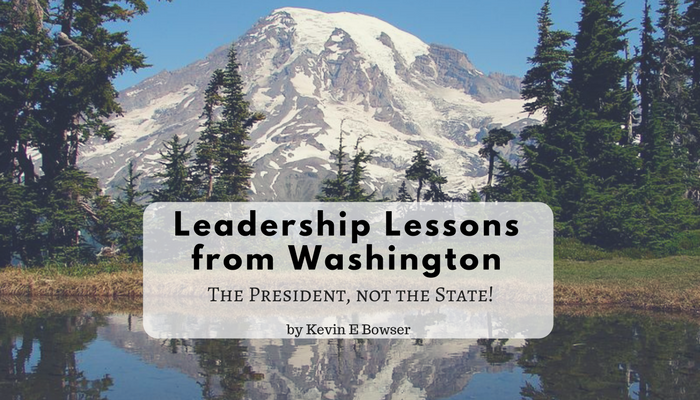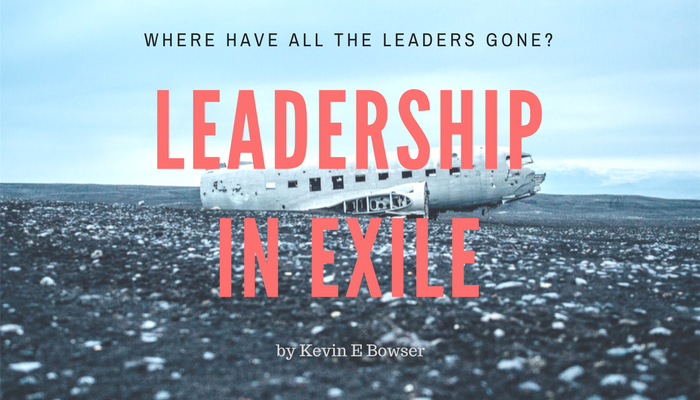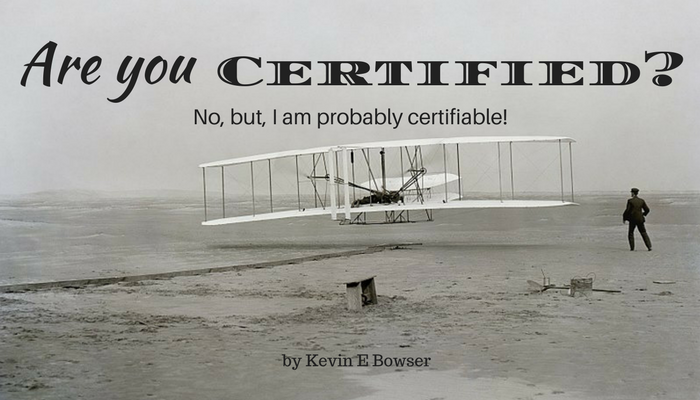
I had a vigorous debate several days ago with a recognized leader for a global organization. He oversees a region of more than 100 local affiliates. He is a “legit” leader. There is much upon which we agree. And there is much upon which we do not agree when it comes to leadership and leadership development.
One topic of debate for us on a recent afternoon was on the value of certification when it comes to some of the tools or methodologies that are prevalent in leadership development today. I am a huge proponent of some of them and consider myself a bit of an expert in one or two of them. I just have never bothered to become “certified.” The leader that I was discussing this was fairly adamant in the necessity and value of certification. That, of course, got me thinking and pondering.
The Wright Brothers
Do you suppose anyone ever asked the Orville and Wilbur Wright if they were certified aeronautical engineers?
History tells us that they were actually tinkerers and small business men with a passion for flight. They gained the mechanical skills and experience necessary for their ultimate success by working for years in their shop with printing presses, bicycles, motors, and other gadgets. Some of which they invented or otherwise modified and improved. Their work with bicycles, in particular, influenced their belief that an unstable vehicle like some sort of flying machine could be controlled and balanced by a person with enough natural talent, skill, and practice.
Did you get that? They believed, as do I, that talent, skill, and practice are what really matters when it comes to increasing the potential for success. Not certification!
Thomas Edison
Let’s look at one more guy that was not certified. Consider Thomas Edison for a few moments. Edison, “The Wizard of Menlo Park”, has been called “America’s Greatest Inventor.” Here is a kid who only attended school for a short time and ended up being homeschooled by his mother with much of his education coming from reading rather than formal education. Yet he has given us the phonograph, movie camera, and the lightbulb, just to name a few. And his legacy lives on in the form of General Electric which made the inaugural Fortune 500 list and debuted in the top 10 on that list.
Not bad for an out of work telegraph operator and a seller of candy and newspapers on the railroad.
What made the Wright brothers and Edison successful?
Click here to read the rest of the article »
Caring is sharing. Will you please share this with your network?



